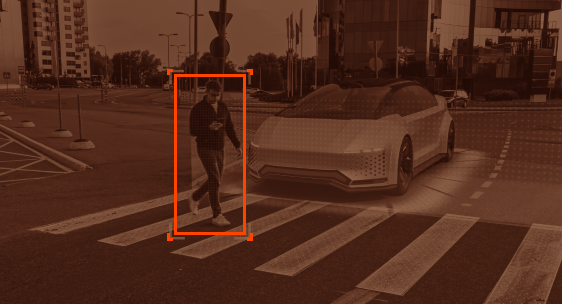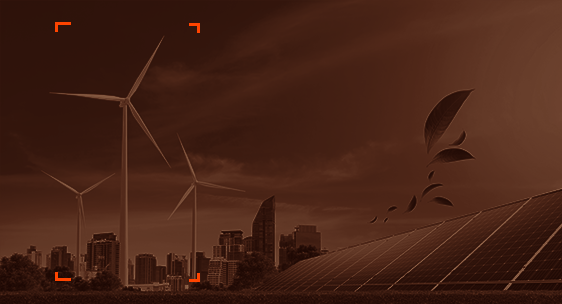Techniques
Accurate techniques for enhanced model accuracy
Accurate techniques for enhanced model accuracy
Training machine learning models and AI systems can get complicated as the volume, variety, and velocity increases and changes everyday.
What enterprises need are effective annotation techniques that can cater to all forms of data and derive valuable insights for better decision-making. They need to bring model accuracy to add more reliability and efficiency of AI apps, automate tasks like data entry, customer service, and content
moderation with ease, and enable personalized experiences by understanding the nuances of the data they collate.
This is where our experts-led techniques come in play. We help businesses understand the data they hold in depth by applying accurate techniques for text, image, video, audio, and 3D point. See what techniques we apply in depth below.
The bounding box technique uses squares or rectangles to detect and recognize objects in videos or images by creating labeled and annotated datasets corresponding to object labels. This method helps train machine learning models to detect and classify a wide range of objects, including animals, people, vehicles, etc.
The polygon annotation technique helps detect and segment objects in images or videos that are irregularly shaped. The polygon method involves drawing a connected series of line segments around the object to annotate complex shapes like trees, buildings, landscapes, overlapping objects, etc.
The key point technique labels key points or landmarks in images or videos to identify their position, shape, orientation, or movement. This technique is used in data needed from use cases like identifying human body parts like joints or facial features and labeling specific points with coordinates or labels.
The text technique is a method used to annotate and label specific elements within a text like named entities, sentiments, or topics. This technique is used for various Natural Language Processing (NLP) applications, such as text classification, information extraction, and sentiment analysis. It helps identify positive, negative, or neutral sentiments to create effective NLP and machine learning models.
Used in applications like self-driving cars, semantic segmentation labels and segments an image into different regions based on its semantic meaning. It is used to label each pixel in an image with a corresponding class or category for accurate classification and segmentation, training Convolutional Neural Networks (CNNs), machine learning, and computer vision models.
Instance segmentation technique labels and segments individual objects within an image or a video, identifying each object instance and labeling each pixel within that instance. Unlike semantic segmentation, instance segmentation is used to label each pixel with a unique identifier corresponding to a specific instance in an object, making it essential for accurate machine learning and computer vision applications that track and identify individual objects.
Our experienced annotators and engineers work with all annotation formats, tools, and techniques to deliver a high volume of labeled and tagged data that prompt models with the right inputs. We help accelerate the implementation and deployment of AI and ML solutions at scale with established annotation frameworks, perfected over years.
Address critical use cases in the automotive industry with accurate annotation and computer vision models.

Identify and classify essential entities in financial text to detect patterns and anomalies faster, managing risks.

Understand customer preferences better with accurate annotations to personalize shopping experiences.

Manage energy data better with advanced computer vision and annotation models, boosting efficiency and accuracy.
